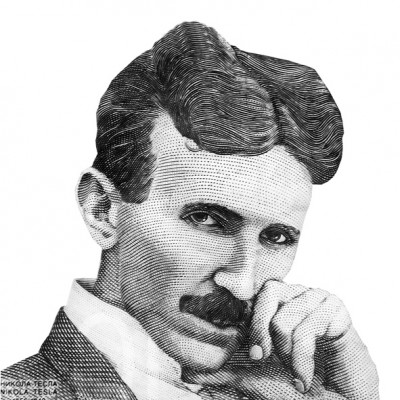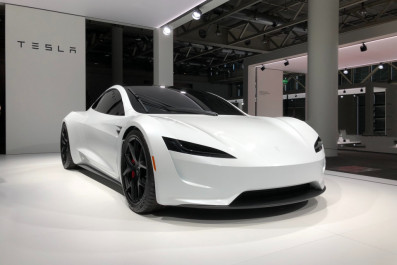
University of Bolton, Deane Road, Bolton. BL3 5AB
Tel:
Email:


“At the University of Bolton, we take great pride in providing a quality, supportive learning environment for our students.”
Professor George E Holmes DL | President & Vice Chancellor
“...tutors are very supportive and you’re not just a student ID number, at this university you are an individual with a name.”
Ellisse Vernon | BSc (Hons) Adult Nursing
Back to menu
Back to menu
Study with an Off-Campus Partner
Back to menu
Back to menu
University of Bolton, why we are the right choice
Location - Bolton, Greater Manchester

06/12/2022
The MSc Mechanical Engineering course at the University of Bolton seeks to fill the requirement for qualified engineers with postgraduate knowledge and skills in the industry.
If you’re a graduate looking to enhance your career prospects, postgraduate study would be a great career path to help you become a Chartered Engineer (CEng). To do that, you’ll need to have an MSc in Mechanical Engineering.
In this blog, we will delve into some of the most famous mechanical engineers and how they have helped make mechanical engineering the fascinating industry that it is today.

Nikola Tesla
Although being more commonly known now as the founder of the modern and increasingly popular electric car model, Tesla was also a mechanical engineer. He developed the principles of alternating current (AC) power transmission, which revolutionised how electricity is transported around the world.
James Watt
A Scottish inventor and engineer, he developed several improvements to steam engines in 1776, which drastically increased their efficiency alongside other power-generating devices he created. His work set the standard for modern-day engine design.
John Maudslay
Maudslay was an English engineer who invented new machine tools that made it easier to produce parts for machines with greater accuracy and precision. His inventions laid the groundwork for modern manufacturing capabilities, including assembly lines and mass production processes.
Isambard Kingdom Brunel
This British civil engineering innovator designed some of the first large ships powered by steam engines, bridges, viaducts, tunnels, and other structures. He also helped pioneer iron shipbuilding techniques which improved the safety of navigation.
Ada Lovelace
She was an English mathematician and a pioneer in computing science. Her contributions helped pave the way for modern-day computer programming, particularly her work with Charles Babbage’s analytical engine, which laid the foundation for today’s computers.

Course Highlights
The MSc Mechanical Engineering degree is designed to offer students an in-depth understanding of mechanical engineering theory and practice. This course prepares graduates for professional careers in mechanical engineering fields such as product development, engine design, and manufacturing processes:
- It applies a range of design techniques and tools to solve mechanical engineering problems
- It develops designs that meet specified performance requirements while considering cost, efficiency, sustainability, and safety factors
- It generates innovative ideas for product development or process improvement
- The course analyses and evaluates complex engineering issues using appropriate mathematical and analytical tools
- The course has been written with industry input from companies such as MBDA, GILKES, and JOST, so you can be sure that we will teach you industry-relevant skills to succeed in a long-lasting career
- We also offer master’s degrees and postgraduate apprenticeships in systems engineering and engineering management
If MSc Mechanical Engineering sounds like the best route for becoming an expert in a rewarding and evolving sector, find out how to apply by looking at our complete course information. At the University of Bolton, we are proud to provide a supportive and positive learning environment.
For further information, contact us at enquiries@bolton.ac.uk or 01204 903807; we are here to help.